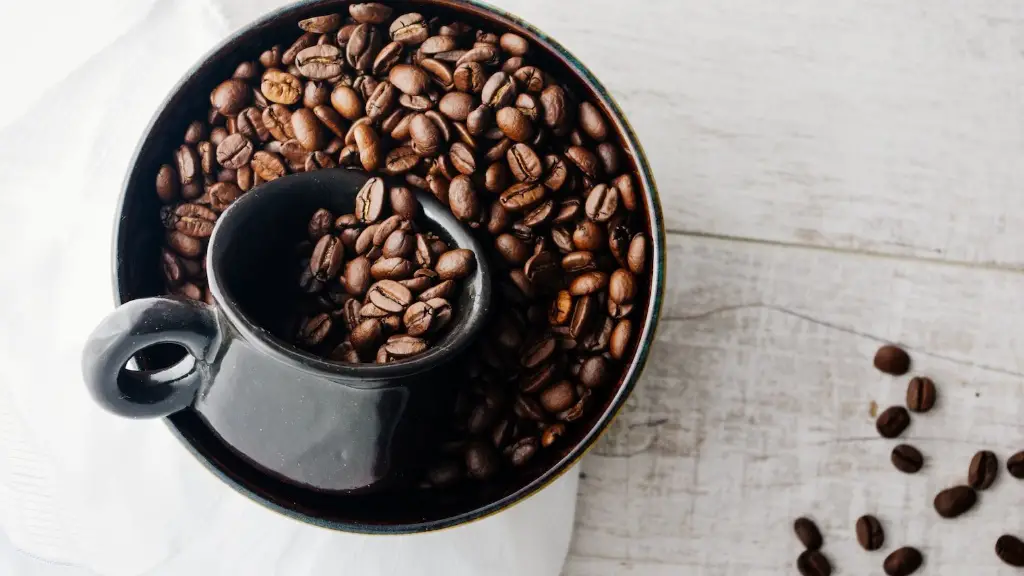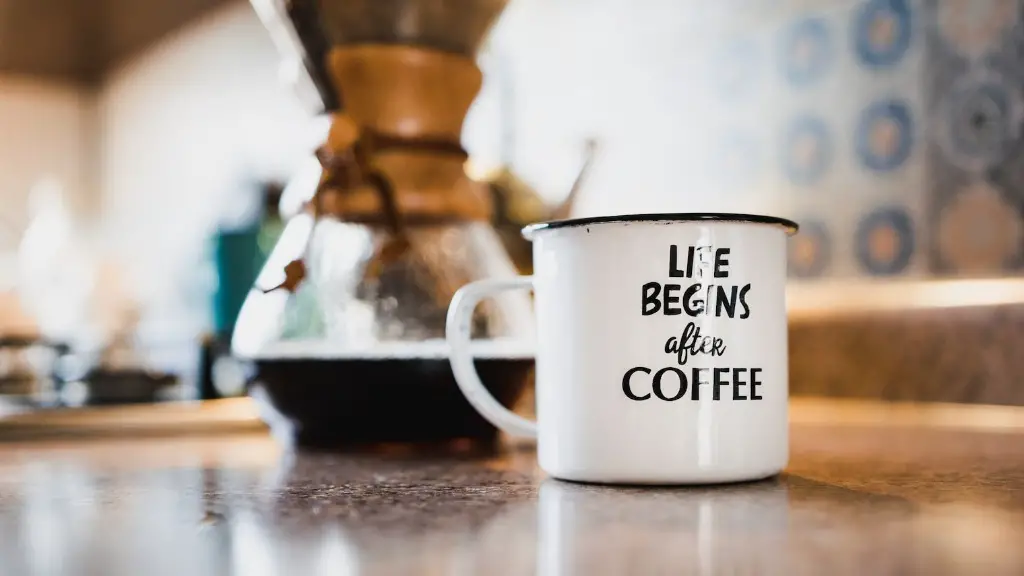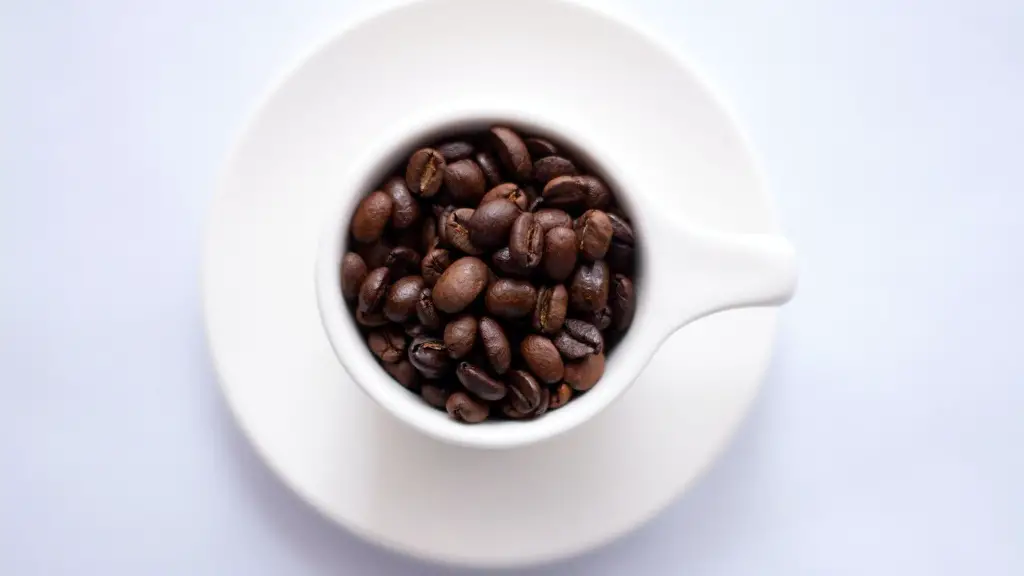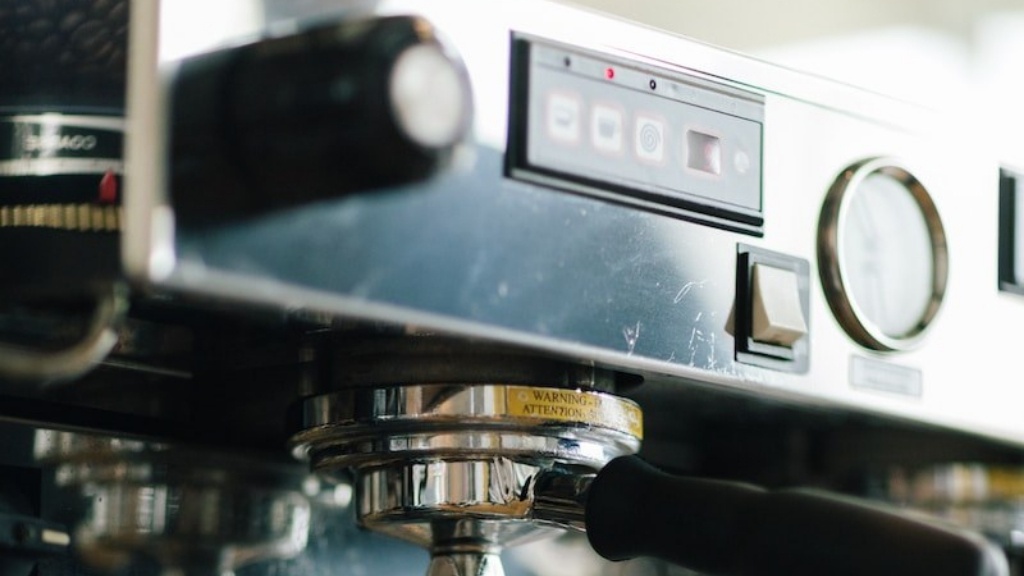Drinking coffee has long been part of many people’s daily routines, but did you know it can also help you lose weight? Coffee itself does not cause weight loss, however there are some benefits that come from drinking coffee which can help in a weight loss program.
Coffee contains caffeine which is a stimulant that can increase your metabolic rate and help to burn more calories when exercising. Caffeine also helps to suppress your appetite, reducing the urge to snack between meals.
In addition, drinking coffee is beneficial because it helps to boost energy levels. This means you will be able to exercise with more intensity and for longer periods of time which can further aid in the process of losing weight.
Finally, coffee is a low-calorie beverage and if you drink it without any added sugar or cream then it won’t add any extra calories to your diet.
Overall, drinking coffee can be beneficial for those trying to lose weight as long as it is consumed responsibly and without any added sugar or cream.
Impact of Coffee on Weight Loss
Coffee is a popular beverage that provides many health benefits, including weight loss. It can be enjoyed hot or cold and offers a variety of flavors. Studies have shown that coffee can help to boost metabolism, suppress appetite, and increase fat burning. Additionally, the caffeine in coffee acts as a stimulant, providing an energy boost and helping to reduce fatigue which can lead to increased physical activity. Including coffee as part of a healthy diet plan can be beneficial for weight loss.
Studies have found that drinking two to four cups of coffee per day can reduce body fat percentage. Coffee also helps improve physical performance during exercise by increasing focus and alertness. Additionally, it may help with cravings for sugary foods by providing a natural sweetness without added calories. Coffee can be used as an appetite suppressant when consumed before meals or snacks. Finally, it has been found to increase the body’s ability to burn fat for energy which is beneficial for weight loss.
Overall, incorporating coffee into your diet plan may help you lose weight over time. However, it is important to remember that drinking too much coffee can have negative side effects such as increased anxiety or insomnia. It’s best to limit your consumption of coffee and other caffeinated beverages if you are trying to lose weight.
Caffeine Content in Coffee
Coffee is a popular beverage that contains caffeine, a stimulant. Caffeine is found naturally in coffee beans, and it can also be added in the form of an additive. The amount of caffeine varies widely depending on the type of coffee and how it is prepared. Espresso has the highest concentration of caffeine, with an average of 80 mg per 1-ounce shot. On the other hand, brewed coffee has an average of 95 mg per 8-ounce cup. Instant coffee usually contains the least amount of caffeine at about 63 mg per 8-ounce cup. Decaffeinated coffee still contains some caffeine, usually about 5 to 10 mg per 8-ounce cup. The amount of caffeine can also vary depending on how strong the coffee is brewed and how much coffee is used to make a single serving.
Timing Your Coffee Intake
Coffee is a great way to jumpstart your day and help you stay alert and focused. However, it’s important to time your coffee intake properly in order to maximize its effects. For best results, you should drink your coffee within an hour of waking up, as this will help to kickstart your metabolism and set the tone for the rest of the day. Additionally, try not to drink too much coffee late in the day, as it may interfere with your sleep cycle and make it difficult to fall asleep at night.
Try to keep track of how much caffeine you’re consuming each day, as excessive amounts may cause headaches or jitteriness. If you’re feeling tired or need a mid-day pick-me-up, consider having a light snack or going for a walk instead of reaching for more caffeine. This will help you stay energized without increasing your caffeine intake.
Timing your coffee intake properly can help you get the most out of it while minimizing any potential negative side effects.
How Much Coffee Should You Drink?
Coffee is a popular beverage, enjoyed by many people around the world. But how much coffee is too much? It’s important to consider a few factors when deciding how much coffee to drink.
The amount of caffeine in coffee varies by type and brewing method, but an average cup of coffee contains around 95 mg. Generally speaking, healthy adults should limit their caffeine intake to 400 mg per day. That means you should limit yourself to no more than four cups of coffee per day. However, if you’re pregnant or have certain medical conditions, ask your doctor for advice on how much caffeine is safe for you.
It’s also important to consider when and why you’re drinking coffee. If you’re drinking it to stay alert and focused, it might be best consumed in the morning or early afternoon. Drinking too much late in the day can disrupt your sleep cycle and make it difficult for you to fall asleep at night. Additionally, if you’re drinking multiple cups of coffee due to stress or anxiety, it might be better to explore other coping methods instead.
Ultimately, it’s up to you to decide how much coffee is right for you based on your lifestyle and health needs. As long as your intake remains within safe limits, there’s nothing wrong with enjoying a cup (or two) of joe!
Types of Coffees to Choose for Weight Loss
Coffee is one of the most beloved drinks around the world, and it can be a great beverage choice for weight loss. However, not all coffees are created equal, and some types may even have the opposite effect. To ensure you get the most out of your coffee drinking experience when trying to shed some pounds, there are certain types that are better suited for weight loss than others.
If you’re looking to boost your weight loss with coffee, then opt for an organic variety such as dark roast or espresso. Organic coffees don’t contain any added sugars or fat, so they won’t cause any extra calories to sneak in. Plus, these varieties are also packed with antioxidants which help to fight off free radicals that can damage your cells and lead to further weight gain.
Another great option is cold brew coffee. While not as strong as some hot coffees like espresso, cold brews still contain plenty of caffeine which can give you an energy boost throughout the day. Plus, because it’s made without heat, it retains more beneficial compounds like chlorogenic acid which can help increase your metabolism and burn more fat.
Finally, if you’re looking for a no-calorie way to enjoy your coffee while still getting some health benefits, try a black coffee or café au lait. Both varieties consist only of coffee beans and hot water (or milk in the case of café au lait) so they won’t add any extra calories or sugar to your diet. Plus, both types will still provide you with an energy boost when needed!
No matter what type of coffee you choose for weight loss purposes, always make sure that it’s organic and free from added sugars or fat for maximum benefit!
Is Decaffeinated Coffee Also Helpful?
Decaffeinated coffee has become increasingly popular in recent years, as many people look for an alternative to regular coffee. It’s important to note that decaf coffee still contains caffeine, but at a much lower level than regular coffee. As such, it provides the same flavor and aroma that you’d expect from regular coffee, without the jitters or the crash associated with caffeine.
Studies have shown that decaffeinated coffee can have some health benefits. It can help protect against type 2 diabetes and reduce inflammation, as well as improve focus and alertness. In addition, it has also been linked to a reduced risk of certain types of cancer.
However, it is important to remember that decaf coffee still contains small amounts of caffeine, so it is not suitable for everyone. Those who are sensitive to caffeine should avoid drinking more than one cup of decaf a day. Additionally, it is best to opt for organic decaf when possible. This is because some brands may use chemical solvents during the decaffeination process which can leave behind residues which can be harmful if consumed in large amounts.
The Bottom Line
Coffee has many health benefits and can be part of a healthy weight loss diet when consumed in moderation. Coffee can help suppress appetite, increase alertness and energy levels, and support healthy metabolism. However, it should not be used as a primary weight loss aid, as it will not result in long-term weight loss success. It is important to combine drinking coffee with eating a balanced diet and exercising regularly for lasting weight loss results.





